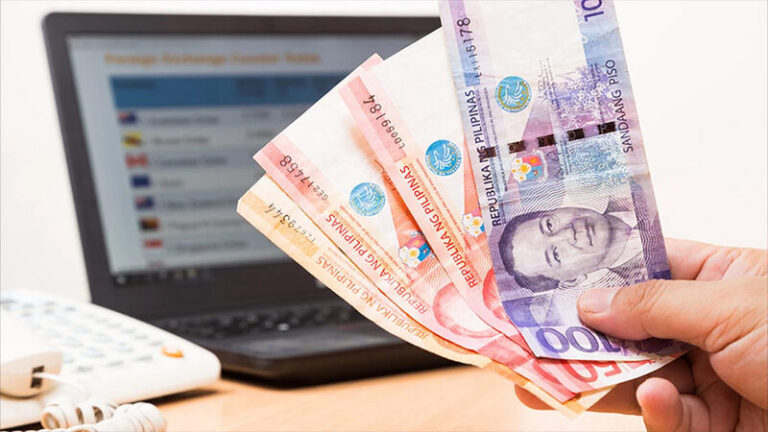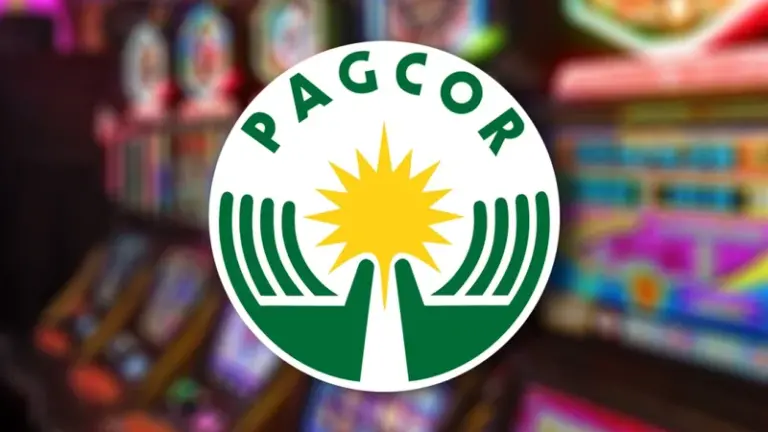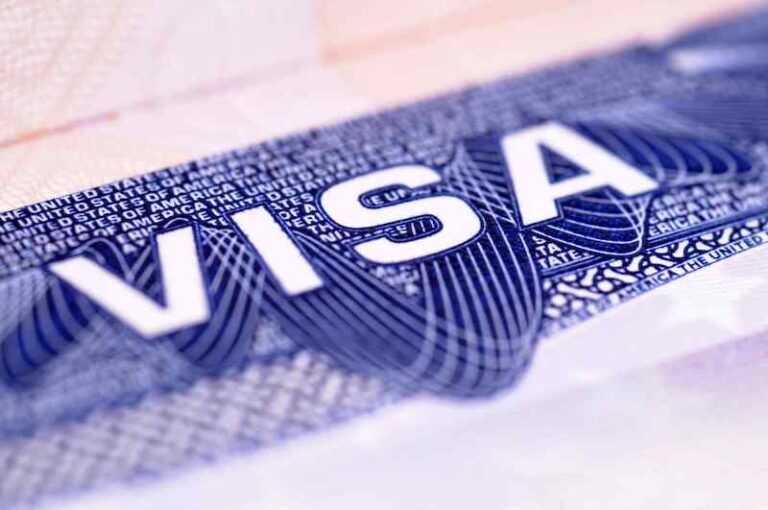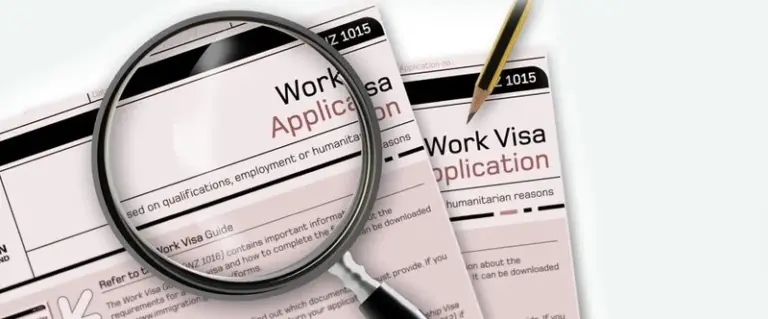Comprehensive Guide to Assisting Foreign Nationals in Manila: Services, Support, and Resources
As an expatriate living in Manila, it can be challenging to navigate the local system and find support when needed. Whether you are a student, worker, or tourist, having access to reliable and trustworthy assistance is critical to ensuring a smooth and enjoyable experience in the city. In this guide, we will explore the different types of support available for foreigners in Manila, including what they are, how to access them, and their pros and cons.

What kind of assistance is available for foreigners in Manila?
Support for foreigners in Manila refers to a range of services and resources designed to assist expatriates with various needs and challenges during their stay in the city. This can include help with visa applications, legal advice, healthcare, language and cultural training, housing, transportation, and more. Having access to reliable and efficient support services can make a significant difference in an expat’s quality of life and overall experience in Manila.
Who offers assistance to non-locals in the city of Manila?
There are several organizations and institutions that offer support services for foreigners living in Manila. These include government agencies, non-governmental organizations (NGOs), private companies, and individual professionals. Some of the most common providers of support for foreigners in Manila include:
- Department of Foreign Affairs (DFA)
- Bureau of Immigration (BI)
- Commission on Filipinos Overseas (CFO)
- Philippine Retirement Authority (PRA)
- Embassy of your home country in the Philippines
- Professional service providers (e.g., lawyers, accountants, real estate agents, etc.)
- Non-profit organizations focused on supporting expats (e.g., InterNations, Rotary International, etc.)
At what point would you require assistance for individuals from other countries in Manila?
There are many instances when you may need support as a foreigner in Manila. Some common examples include:
- Applying for visas or other legal documents
- Finding suitable housing or accommodation
- Seeking medical or health advice
- Dealing with cultural differences or language barriers
- Navigating the local transportation system
- Setting up a bank account or other financial services
- Legal disputes or problems with contracts
Having access to reliable and effective support services can make all the difference in these situations, ensuring that you get the help you need quickly and efficiently.
What is the process for foreigners in Manila to obtain assistance or help?
Accessing support for foreigners in Manila will depend on your specific needs and circumstances. For example, if you are dealing with a legal issue, you may need to hire a professional lawyer to assist you. On the other hand, if you need help navigating the local healthcare system, you may want to reach out to an expat community group or NGO for guidance.
Some general tips for accessing support as a foreigner in Manila include:
- Research different organizations and service providers that offer support services for expats.
- Consult with fellow expats or locals who may be able to recommend reliable and trustworthy professionals or services.
- Reach out to your embassy or consulate for guidance and assistance.
- Use online resources and forums to find information and connect with others in similar situations.
- Be prepared to pay for services and fees associated with support services, as many providers require payment upfront.
Advantages and disadvantages of assistance provided to foreigners in Manila.
While having access to support services can be extremely beneficial for foreigners in Manila, there are also some potential drawbacks to consider. Here are some of the pros and cons of using support services as a foreigner in Manila:
Pros
- Can provide essential assistance when dealing with complex issues such as visa applications or legal disputes.
- Offers peace of mind and reassurance during challenging times.
- Can help minimize the stress of navigating unfamiliar systems and cultures.
- Provides an opportunity to connect with other expats and build a supportive community.
Cons
- Can be expensive, particularly if you require multiple services or ongoing support.
- May not always provide the level of expertise or quality of service that you need.
- Some providers may not have your best interests at heart and may be more concerned with making a profit than providing adequate assistance.
- Can create a sense of dependency and prevent you from fully engaging with the local culture and community.
A detailed guide on how foreigners in Manila can receive assistance, presented in a series of sequential steps.
Here is a step-by-step guide to accessing support services as a foreigner in Manila:
- Identify Your Needs: Determine what type of assistance you require, whether it’s legal advice, healthcare, housing, or something else.
- Research Providers: Look for organizations and service providers that offer the services you need. You can start by searching online or asking for recommendations from fellow expats or locals.
- Check Credentials: Before contacting a provider, check their credentials and reputation to ensure they are reliable and trustworthy.
- Contact Provider: Reach out to the provider via phone, email, or in-person visit. Explain your needs and inquire about their services and fees.
- Schedule Consultation: If the provider offers a consultation, schedule an appointment to discuss your situation further.
- Provide Necessary Information: Be prepared to provide any necessary information or documentation, such as passport details, visa documents, medical records, etc.
- Follow Up: After receiving assistance, follow up with the provider to ensure that everything has been resolved satisfactorily.
FAQs
Q1. What types of visas are available for foreigners in Manila?
There are several types of visas available for foreigners in Manila, including tourist visas, business visas, student visas, and more. The specific requirements and application process will vary depending on the type of visa you are applying for.
Q2. How do I find suitable housing as a foreigner in Manila?
Finding suitable housing can be a challenge for foreigners in Manila. Some options include working with a real estate agent, using online rental platforms, or joining local expat groups for recommendations and advice.
Q3. Can I access healthcare services as a foreigner in Manila?
Yes, foreign residents in Manila are generally eligible to access both public and private healthcare services. However, it may be necessary to purchase health insurance or pay upfront for services.
Q4. Do I need a lawyer to deal with legal issues as a foreigner in Manila?
While it is not always necessary to hire a lawyer, having legal representation can be helpful when dealing with complex or sensitive legal issues such as contracts, immigration, or disputes.
Q5. What should I do if I have a problem with a service provider in Manila?
If you have a problem with a service provider in Manila, try to resolve the issue directly with them first. If this does not work, you may want to seek assistance from your embassy or consulate or consult with a local lawyer.
Conclusion
As a foreigner in Manila, having access to reliable and trustworthy support services can make all the difference in your quality of life and overall experience. By understanding the different types of support available, how to access them, and their pros and cons, you can make informed decisions and ensure that you get the help you need when you need it. Remember to do your research, check credentials, and stay vigilant to avoid scams or fraudulent providers. With the right support, you can thrive as an expatriate in one of Asia’s most vibrant and exciting cities.





